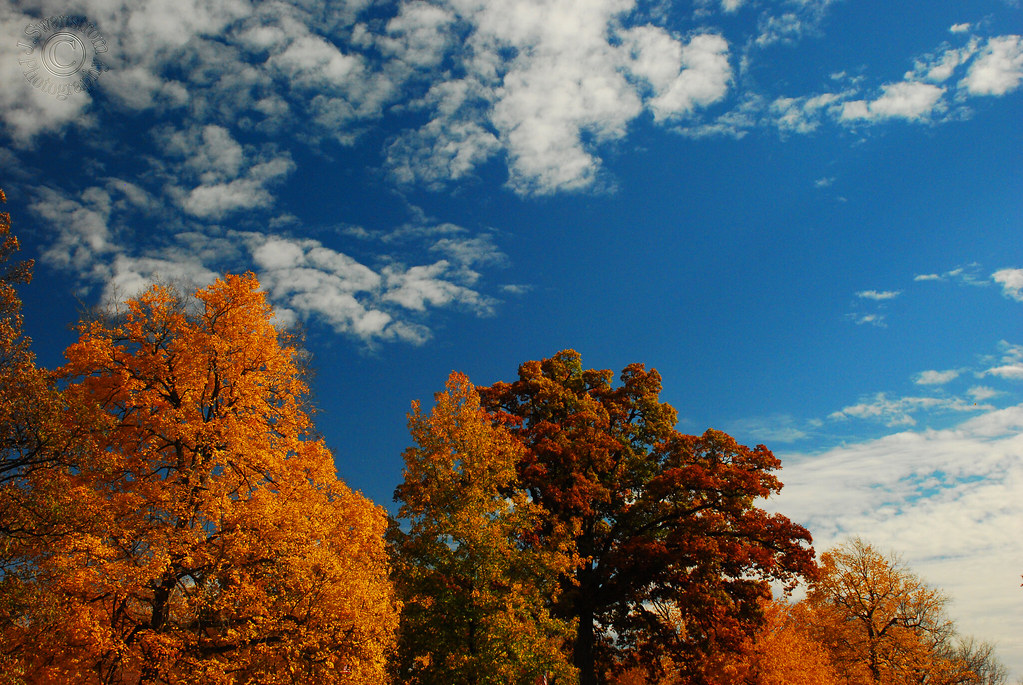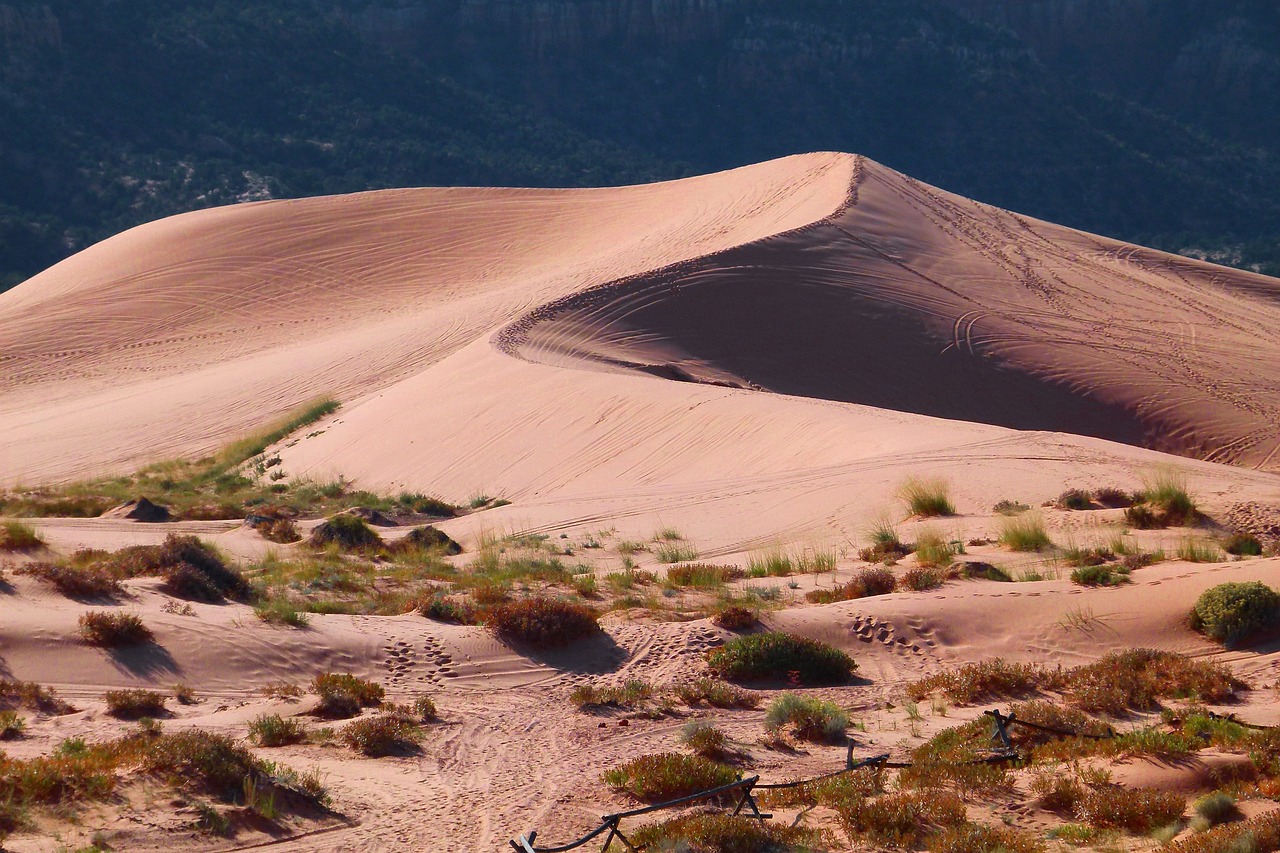An excerpt from Laurence Freeman OSB, “Dearest Friends,” Christian Mediation Newsletter, Vol. 30, No. 1, March 2006.
By the early Christians Jesus was seen as a physician of the soul of humanity rather than as the founder of a new religion. His deeper meaning—and all those levels of identity opened by his question “who do you say that I am?”—were to be found in the freedom he offered those who learned from his gentleness and humility. This was possible especially for those who accepted the light yoke of his friendship. To surrender that freedom for another dependency is to fail to recognize him. “He was in the world; but the world, though it owed its being to him, did not recognize him” is as much a warning to us today as a description of what happened during his temporal life. It still applies more to the Christians who turn him into another god or idol than to those true seekers who do not yet know how to understand him.
He could not be clearer: he offers himself as a way which, at its deepest level, can be understood as one with the goal itself. “To believe in me is not to believe in me but in the one who sent me. To see me is to see the one who sent me” (Jn 12:44).
The paradox in these words is easily dismissed. We prefer rational, definable certainties. It is also easy to laugh away what seems to challenge our familiar ways of thinking and perceiving reality. But what if those familiar ways of perception are actually inverting reality? What if what we call freedom is in fact addiction? The desert teachers understood that to face the harsh truths of our illusion and dependencies is the fruit of the labor of many temptations. It is also a good part of the meaning of this joyful season. . . They called it wrestling with the demons, but they knew that the demons are inside us. We merely evade the struggle by projecting them outside.
The integrity of the person, our freedom to be ourselves and to love others, is perfected by the testing we embrace each time we sit to do the work of silence.
After meditation: Linda Gregg, “Fishing in the Keep of Silence,” from ALL OF IT SINGING (Graywolf Press, 2008), p. 111.
Fishing in the Keep of Silence
There is a hush now while the hills rise up
and God is going to sleep. He trusts the ship
of Heaven to take over and proceed beautifully
as he lies dreaming in the lap of the world.
He knows the owls will guard the sweetness
of the soul in their massive keep of silence,
looking out with eyes open or closed over
the length of Tomales Bay that the egrets
conform to, whitely broad in flight, white
and slim in standing. God, who thinks about
poetry all the time, breathes happily as He
repeats to Himself: there are fish in the net,
lots of fish this time in the net of the heart.
Photo credit: Infomastern on VisualHunt






